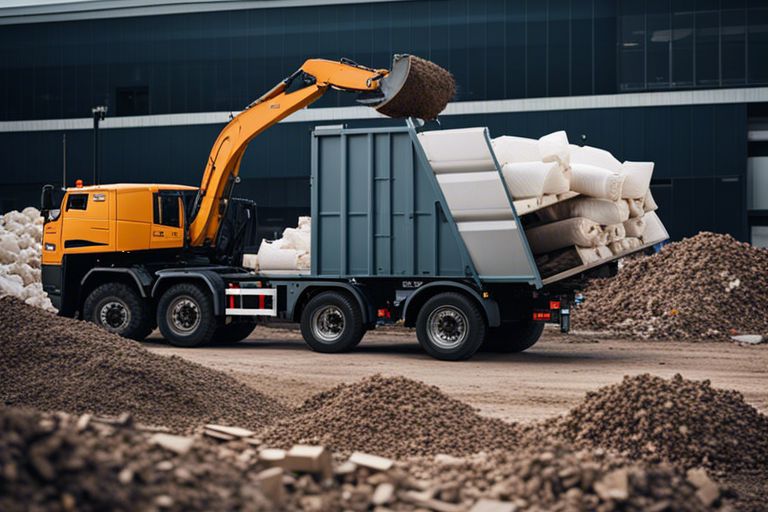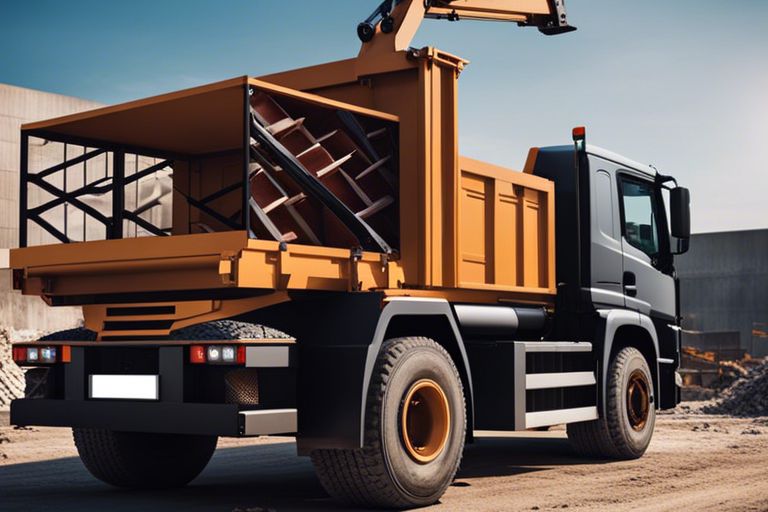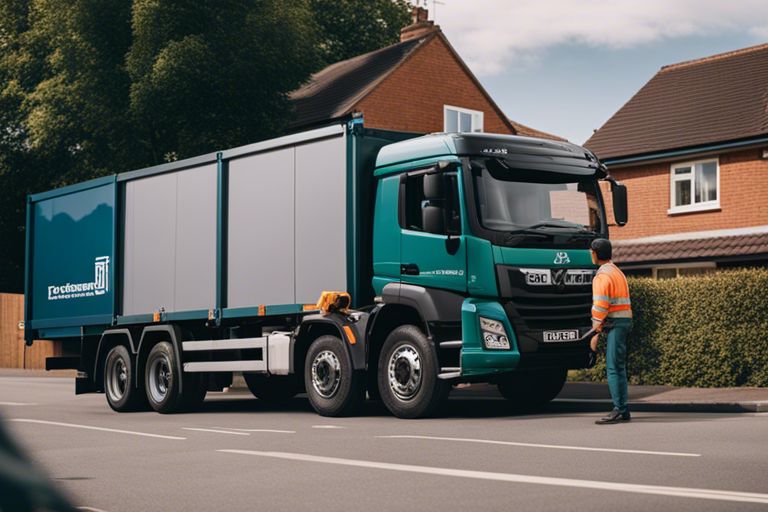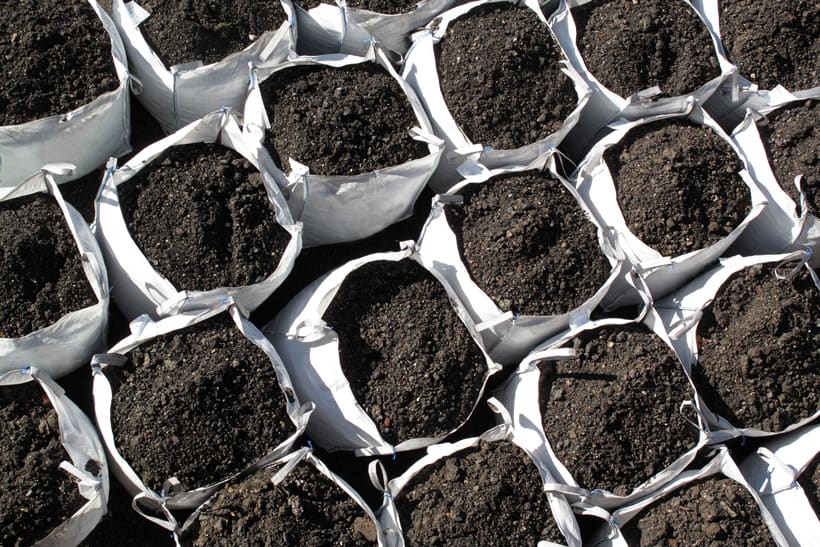Conducted prior to any demolition project, pre-demolition audits are essential in identifying and assessing the potential hazards and risks present in a building or structure. These audits play a crucial role in ensuring the safety of workers, the public, and the environment during the demolition process. In our latest blog post, we delve into the significance of pre-demolition audits and why they should never be overlooked. Learn more about the key reasons why these audits matter and how they can prevent disastrous incidents by visiting Pre-Demolition Audits.
Key Takeaways:
- Pre-demolition audits are crucial assessments conducted to identify and manage potential hazards before a building is demolished.
- They ensure compliance with environmental and safety regulations while protecting the health and safety of workers and the surrounding community.
- By identifying and addressing hazards early on, pre-demolition audits minimise risks and costs associated with unexpected issues during the demolition process.
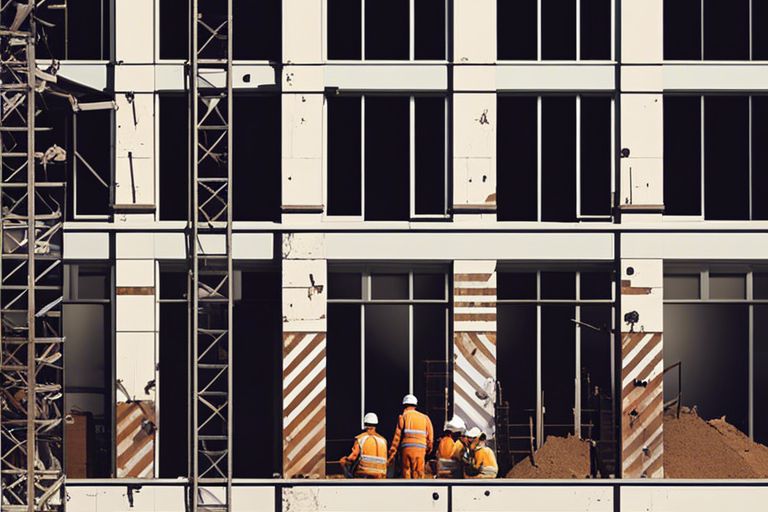
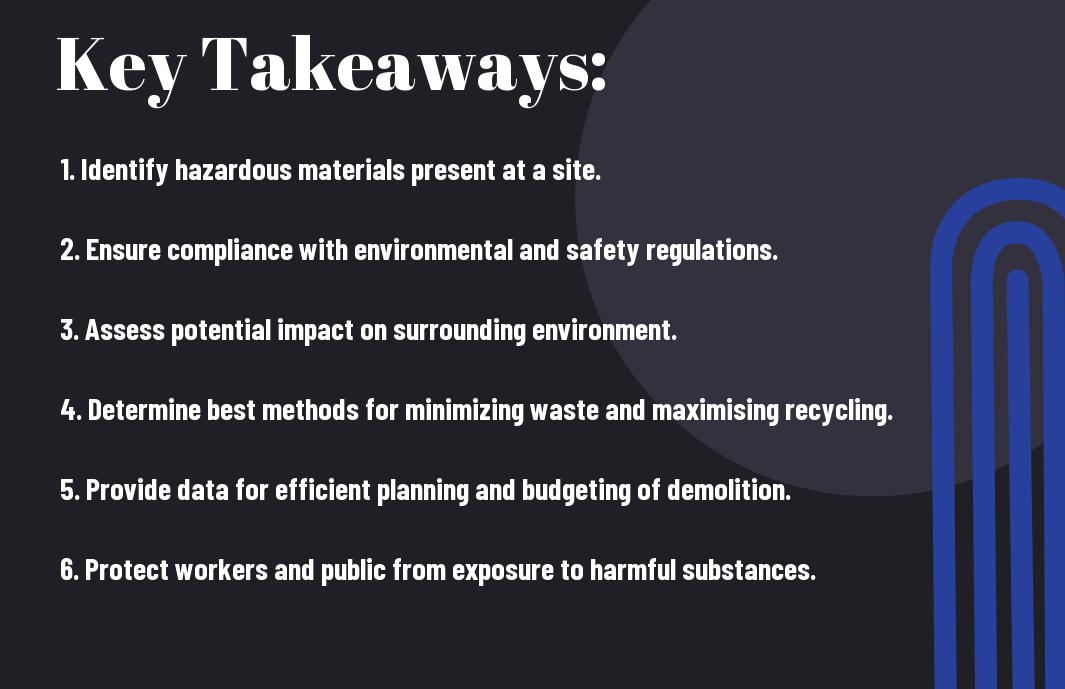
The Anatomy of a Pre-demolition Audit
A pre-demolition audit is a critical step in the demolition process, ensuring that all potential hazards and environmental impacts are identified and addressed before any demolition work begins. This audit involves a comprehensive assessment of the site, including an examination of the building materials, site history, and potential environmental risks. The aim is to mitigate any potential hazards and reduce the impact of the demolition on the surrounding environment.
Initial Assessment and Planning
Before conducting a pre-demolition audit, an initial assessment and thorough planning are essential. This includes reviewing any historical documentation, such as building plans and environmental reports, and conducting interviews with relevant stakeholders. This stage also involves outlining the scope of the audit and establishing a timeline for completion. It is crucial to engage with experienced professionals who can provide valuable insight into the audit process.
On-Site Inspection
During the on-site inspection, experts carefully examine the building materials, structural integrity, and potential hazards present at the site. This involves identifying any hazardous materials, such as asbestos, lead, and other toxic substances, and assessing their condition. The on-site inspection is a critical stage in the audit process, as it allows for the identification of potential dangers and the formulation of a comprehensive demolition plan.
Furthermore, the on-site inspection provides an opportunity to assess the environmental impact of the demolition and identify any potential risks to nearby ecosystems and communities. This information is essential for developing a strategy to minimize environmental harm and ensure the safety of both workers and the surrounding community.
Key Components of Pre-demolition Audits
Pre-demolition audits are comprehensive assessments carried out before any demolition activities take place. They are crucial in identifying and mitigating potential risks associated with the demolition process, protecting the environment, and ensuring the safety of workers and the community.
Material and Hazard Survey
The material and hazard survey is a crucial component of pre-demolition audits, as it involves identifying and assessing the presence of hazardous materials such as asbestos, lead, and other harmful substances. This survey also evaluates the structural integrity of the building and identifies any potential hazards that may arise during the demolition process. It is essential to carry out this survey to prevent exposure to hazardous materials and ensure the safe removal and disposal of any identified substances.
Environmental and Community Impact Evaluation
Another key component of pre-demolition audits is the evaluation of the potential environmental and community impact of the demolition activities. This assessment considers factors such as noise, dust, air quality, and the impact on nearby structures and communities. By conducting this evaluation, we can minimise the disruption and negative impact on the surrounding environment and communities.
It is essential to take into account the potential environmental and community impact of demolition activities to comply with regulations, ensure the well-being of the local community, and protect the surrounding environment from any adverse effects.
Best Practices and Compliance
When it comes to pre-demolition audits, following best practices and compliance with regulations and standards is of utmost importance. Not only does it ensure the safety of workers and the surrounding environment, but it also helps in maintaining a smooth and efficient demolition process. In this chapter, we will delve into the essential aspects of best practices and compliance in pre-demolition audits.
Regulations and Standards
Pre-demolition audits must comply with a range of regulations and standards set by local authorities and environmental agencies. These regulations are put in place to prevent any potential harm to the environment and public health. Adhering to these regulations minimises the risk of legal consequences and ensures that the demolition process is carried out with the highest level of safety and environmental responsibility.
Documentation and Reporting
Accurate and detailed documentation and reporting of pre-demolition audits are crucial in keeping track of the entire process. This includes thorough record-keeping of inspections, tests, and findings. Detailed reports provide a clear overview of the condition of the building and any potential hazards, helping in the development of an effective demolition plan and hazard mitigation strategies.
Furthermore, meticulous documentation and reporting also serve as proof of compliance with regulations and standards, which is essential in avoiding any legal issues and public scrutiny.
Case Studies of Pre-demolition Audits
Pre-demolition audits have become an essential part of the demolition process, providing valuable insights and data for a successful project. Here are some key case studies highlighting the importance of these audits:
- Case Study 1: A commercial building in London underwent a pre-demolition audit, revealing the presence of asbestos in the structure. This crucial information helped the demolition team to implement safety measures to protect workers and the surrounding environment.
- Case Study 2: A residential complex in Manchester conducted a pre-demolition audit, uncovering hazardous materials such as lead-based paint and PCBs. This data allowed the project team to safely remove the materials and prevent any health risks to workers and the public.
- Case Study 3: A historical building in Edinburgh underwent a pre-demolition audit, identifying heritage materials that needed to be preserved. This information was crucial in planning the demolition in a way that preserved the building’s historical significance.
Success Stories
Several success stories have emerged from the implementation of pre-demolition audits. By uncovering crucial information about hazardous materials and heritage preservation, these audits have enabled demolition projects to proceed safely and efficiently. The data collected during these audits has been instrumental in protecting the environment and ensuring the health and safety of workers and the public.
Lessons Learned from Audit Failures
Despite the success stories, there have been instances where pre-demolition audits have revealed critical failures in planning, resulting in costly delays and health hazards. These failures have highlighted the importance of thorough and accurate assessments in pre-demolition audits, as well as the need for adherence to regulations and safety protocols.
It is crucial for demolition project teams to learn from these failures and embrace best practices in pre-demolition audits to avoid similar issues in the future. By incorporating lessons learned from these failures, the industry can elevate the standards of pre-demolition audits and ensure the success and safety of future projects.
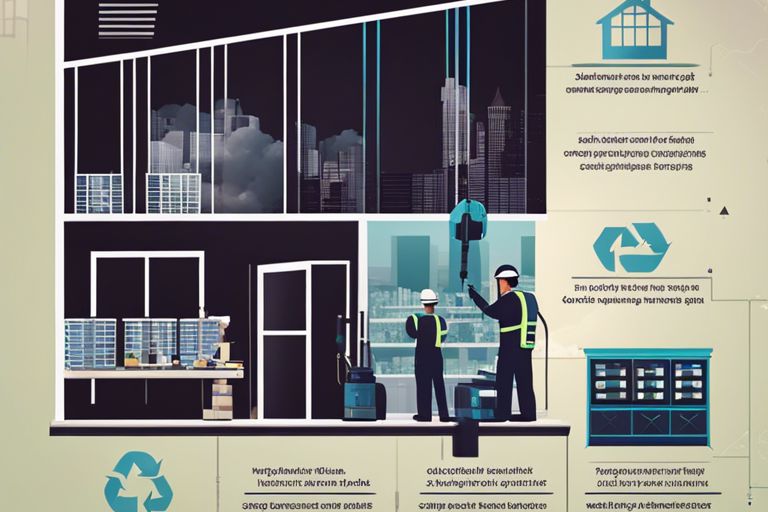
Conclusion: Pre-demolition Audits – What They Are and Why They Matter
In conclusion, pre-demolition audits are a crucial step in any demolition project. They provide vital information about the presence of hazardous materials, potential environmental impact, and necessary safety measures. By conducting these audits, we are able to ensure the safety of workers and the surrounding environment, as well as comply with relevant regulations and legislation. It is imperative that these audits are carried out by qualified professionals to guarantee accuracy and reliability. Additionally, the information obtained from pre-demolition audits can contribute to better planning and budgeting for the demolition process. Ultimately, these audits matter because they safeguard human health, protect the environment, and facilitate the smooth and efficient execution of demolition projects.
Pre-demolition Audit FAQ
Q: What is a pre-demolition audit?
A: A pre-demolition audit is a comprehensive assessment of a building or structure before any demolition work begins. It aims to identify and evaluate hazardous materials and potential environmental risks that may be present in the building.
Q: Why are pre-demolition audits important?
A: Pre-demolition audits are important because they help identify and manage potential hazards, such as asbestos, lead, or other dangerous materials, before demolition work begins. This helps to ensure the safety of workers and the surrounding environment.
Q: Who should conduct a pre-demolition audit?
A: Pre-demolition audits should be conducted by qualified professionals, such as environmental consultants or licensed assessors, who have the expertise and training to properly identify and assess hazardous materials.
Q: What are the benefits of conducting a pre-demolition audit?
A: The benefits of conducting a pre-demolition audit include reducing health and safety risks for workers and the public, ensuring compliance with environmental regulations, and minimising the potential for costly surprises during the demolition process.
Q: When should a pre-demolition audit be conducted?
A: A pre-demolition audit should be conducted as early as possible in the planning stages of a demolition project, ideally before any demolition work begins. This allows for adequate time to assess and manage any potential hazards before they become a risk.


